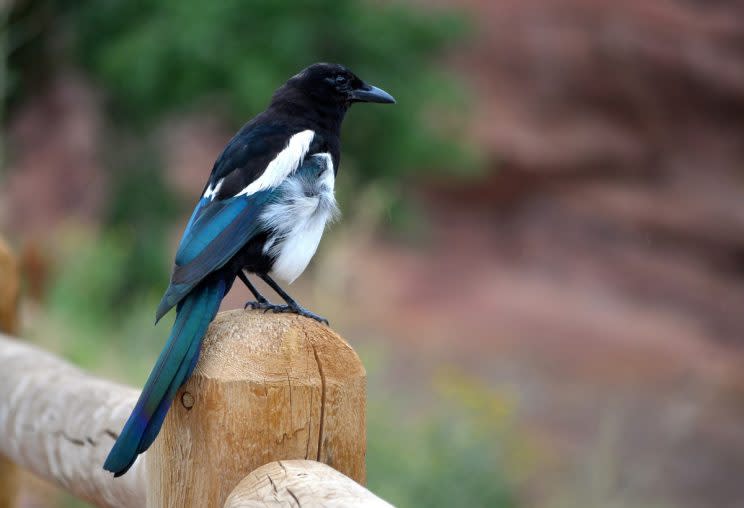Very superstitious! HALF of Britons have a lucky number (so what’s yours?)

Half of Britons have a lucky number, according to a new study that reveals just how superstitious Britain remains.
Incredibly, one in six (16 per cent) think twice about walking under a ladder, while more than a fifth of Brits (21 per cent) believe touching wood is a good omen.
Thirteen per cent believe crossing your fingers brings you good fortune and one in five Britons believe breaking a mirror will bring you years of bad luck.
While 49 per cent population have a lucky number, only 28 per cent have an unlucky number, according to the research.
Money-saving website VoucherBox, which commissioned the study, found that the most popular lucky number is seven for 22% of Brits.
The company discovered that while two thirds of Brits (66%) don’t consider themselves to be superstitious, less than 14% said they don’t have a good or bad luck ritual at all.
MORE: Scientists plan to DELIBERATELY let a ship get trapped in ice so it can drift over the North Pole
MORE: Charles Bronson fiancée Paula Williamson: ‘I know it’s a risk but he’s changed’
Other superstitions include opening an umbrella indoors (13 per cent), a four leaf-clover (12 per cent), blowing out birthday candles (7 per cent) and a black cat (7 per cent).
Interestingly, 8 per cent of the population think multiple magpies bring good luck, whilst only 6 per cent think a lone magpie brings bad luck.
The study is found that Devon is the most superstitious area of the country.
Marco Piu, Voucherbox general manager, said: “Superstitions are so ingrained in British culture that even those who don’t consider themselves to be superstitious will be at least aware of the required ritual in a given situation.
“The survey revealed that over half of superstitions (52 per cent) come from our parents, and the tales and legends are likely to continue to be passed down.”

 Yahoo News
Yahoo News 


